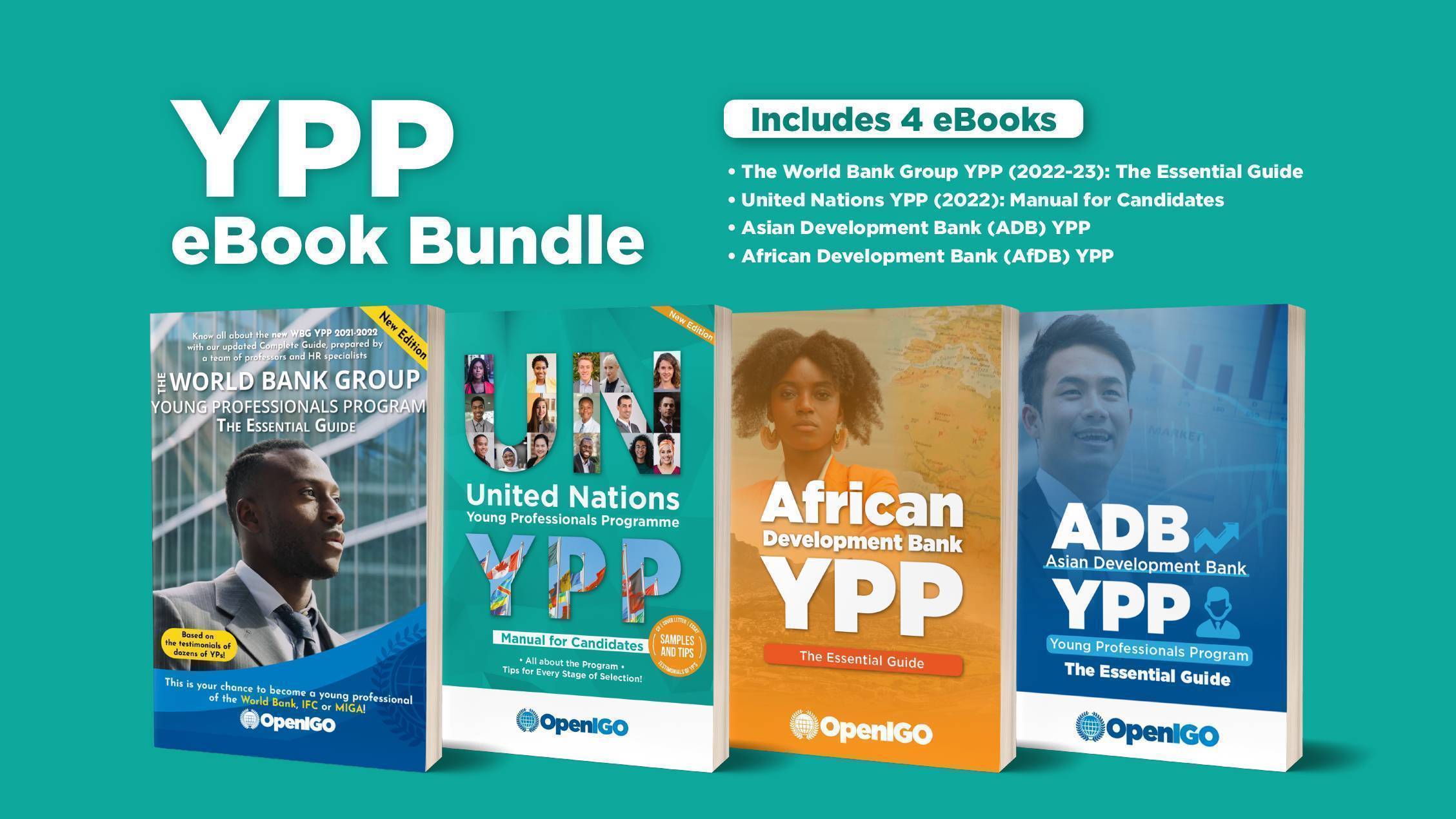The Paris Agreement is a landmark global accord aimed at combating climate change by reducing greenhouse gas emissions and fostering sustainable development. Adopted in 2015 under the United Nations Framework Convention on Climate Change (UNFCCC), it represents a collective commitment by nations worldwide to limit global warming to well below 2°C, with efforts to keep it under 1.5°C. International organizations play a crucial role in facilitating, implementing, and monitoring climate action under this agreement.
1. The Paris Agreement: An Overview
The Paris Agreement was signed by 196 parties and came into force in 2016. It establishes legally binding commitments for countries to submit nationally determined contributions (NDCs) outlining their emission reduction targets. Additionally, it promotes transparency through a global stocktake process every five years, ensuring accountability and encouraging increased ambition in climate action. Unlike its predecessor, the Kyoto Protocol, the Paris Agreement adopts a bottom-up approach, allowing nations to set their own climate goals based on their capacities and circumstances.
2. The Role of the United Nations Framework Convention on Climate Change (UNFCCC)
The UNFCCC is the primary international body overseeing the implementation of the Paris Agreement. It provides a platform for negotiations, supports climate finance mechanisms, and ensures compliance through transparency frameworks. The UNFCCC also organizes the annual Conference of the Parties (COP), where member states assess progress and revise commitments to strengthen global climate efforts.
3. The Intergovernmental Panel on Climate Change (IPCC) and Scientific Guidance
The IPCC plays a crucial role in informing policy decisions related to the Paris Agreement by providing scientific assessments on climate change, its impacts, and potential mitigation strategies. The IPCC’s reports, based on extensive research from experts worldwide, influence climate policies and help shape international negotiations.
4. The Role of Multilateral Development Banks (MDBs) and Climate Finance
Multilateral development banks, such as the World Bank and the International Monetary Fund (IMF), support the Paris Agreement by financing climate adaptation and mitigation projects. These institutions provide financial and technical assistance to developing countries, helping them transition to low-carbon economies and build resilience against climate-related risks.
5. The United Nations Development Programme (UNDP) and Climate Action
The UNDP actively supports countries in implementing their NDCs by offering policy advice, capacity-building initiatives, and climate resilience projects. Through its Sustainable Development Goals (SDG) agenda, particularly SDG 13 (Climate Action), the UNDP helps integrate climate considerations into national development plans.
6. Challenges and the Way Forward
Despite significant progress, challenges remain in meeting the Paris Agreement’s targets. Insufficient financial support, geopolitical tensions, and the slow phase-out of fossil fuels continue to hinder global efforts. Strengthening international cooperation, increasing financial contributions from developed nations, and leveraging innovative technologies are essential to achieving the agreement’s long-term goals.
Conclusion
The Paris Agreement stands as a crucial framework for global climate action, with international organizations playing a pivotal role in its success. From scientific research to financial support and policy implementation, these organizations ensure that countries remain on track toward a sustainable and resilient future. Continued commitment, collaboration, and innovation are necessary to uphold the agreement’s objectives and safeguard the planet for future generations.
Remember, the journey to a successful career in international organizations is a marathon, not a sprint. It requires patience, perseverance, and a willingness to adapt to new challenges and opportunities along the way.
And when you’re ready to take the next step in your journey, consider exploring “Dream Beyond Borders: 7 Steps to Conquer a Successful Career in International Organizations.” Priced at just $1.99, this invaluable resource offers practical advice, insider tips, and actionable steps to help you navigate the complexities of international careers and achieve your professional aspirations. Purchase your copy today at https://openigo.com/product/dream-beyond-borders-ebook/ and embark on a journey towards a future filled with purpose and possibility.












